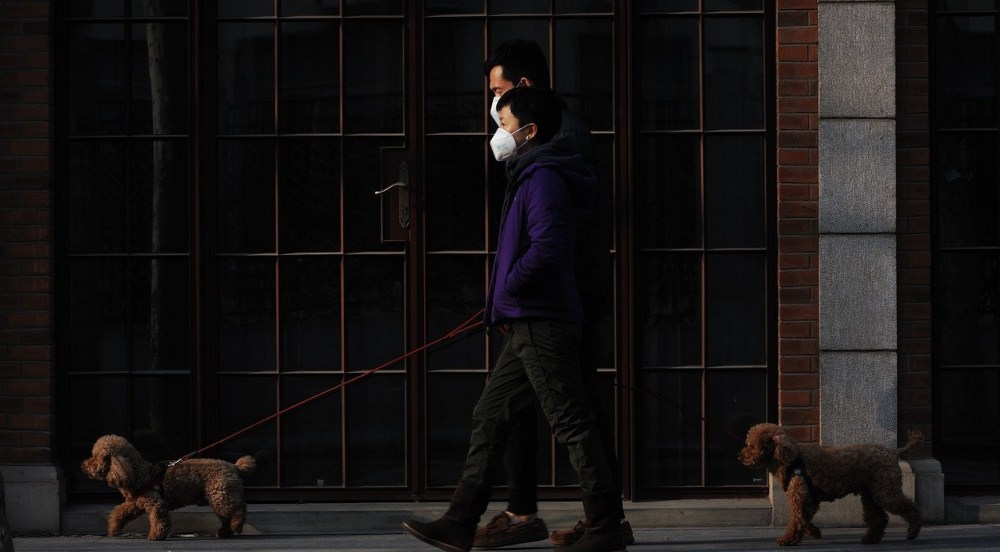
Of course, the pandemic may come boomeranging back, but for now it looks like it will ease and life will return to something more like the time before the pandemic. Which leads to the following prediction on my part: it won’t be long before we’re experiencing pandemic nostalgia. We will be pining for the pandemic. Well, not the illness, death and economic contraction part. But the way the pace of life has slowed.
NYT’s columnist, Frank Bruni, had a good column last week in which he expressed the hope that we would learn some salutary lessons from this great disruption, and change some of our previous ways of living.
Here’s Bruni on what many with whom he is in touch have discovered:
“They wish, as any sane person does, that the pandemic had never happened. They hate what it did to this country, to this world and to many aspects of their own lives and the lives of loved ones.
“But its brutal winnowing of their social obligations and commitments beyond home? They actually didn’t mind this, at least not so much. Their movements had grown hectic and their schedules overstuffed.
“The way in which shuttered schools, canceled extracurricular activities and closed offices compelled them and their children to spend more time together? There was stress in this, often proportional to a home’s square footage, but there was also intimacy. They liked how many nights everyone ate dinner together.
“The halt to commuting? That was all upside and, along with the cessation of business travel, it produced a revelation: In-person meetings and the logistics that went into them weren’t as necessary as everyone thought. There were cheaper and easier alternatives.”
Bruni concludes his column with an expression of hope that is becoming increasingly common now that there’s light at the end of the tunnel. Namely, that our priorities will be reviewed and revised for the better. Bruni again:
“Most of us have made significant sacrifices during this extraordinary and harrowing period. Some have made profound, acutely painful ones. There may be more of those to come.
“But while the trade-off isn’t in the vicinity of equal, we’ve also learned something (I hope) about our responsibilities to one another and what matters most to us. It would be a shame not to heed those lessons.”
While I share Bruni’s hope that the whole thing, despite its terrible cost, may have changed us for the better, I am — alas — skeptical.
Why?
I’ve been working my way through theologian Andrew Root’s book, The Congregation in a Secular Age. The title sounds boring, but Root is referencing his main interlocutor, Charles Taylor and his magisterial study, A Secular Age.
While I would like to think that the pandemic has taught us to slow down, I’m skeptical because as Root puts it, “modernity is the constant process of speeding things up. Modernity demands that things increase in speed.”
This contradicts the seductive longtime promises of modern life and technological advance. The idea was that with various new technologies, we’d work less and have lots more leisure time. We’d do creative things, spend more quality time with loved ones, etc. Somehow it hasn’t worked out that way, has it? Instead of life becoming more leisurely, it has become way, way more frantic. The pace keeps picking up.
Why? Just one example. Pre-email maybe you got 4 or 5 pieces of correspondence a day and you might allocate 2 hours to responding. With email, you could handle those five in fifteen minutes. So you had an hour and 45 minutes of leisure. Wrong. With email, the 5 correspondents a day went up to 55 or more. The amount of time you spent responding expanded, from two hours to three or four, or you were emailing all day as one of your many multi-tasks. The new tech didn’t increase leisure, creative or family time. It increased what we expected to accomplish, and what was expected of us, in a given day or part of a day. More time meant you should be doing more with the time you had. Optimization! Innovation!
Of course, it didn’t stop with email, which is now very old school. Along came texting and social media. With each still more was expected. More contacts. More reach. More presence. More. The social media doyens initially thought, “Cool, now I can reach 2,000 people in 2 minutes.” But then they realized you basically had to stay on social media, monitoring it constantly, or you’re get behind and become irrelevant.
I’ll have more to say about Root’s book and his insightful diagnosis of the acceleration of life in future blogs, but one of the consequences, he argues, “is life in late modernity is moving too fast for questions about the substance of the good life.”
If you thought that someone had speeded up the merry-go-round, you’re right.
There have, as Bruni notes, been some very nice silver lining to the pandemic — a slower pace of life, (some) kids less pressured, more family time and dinners together, less commuting and general running around, less consumption of gas and less consumption period. With Bruni I’d like to think we would re-prioritize and capture some of the upsides of this time.
But Root’s work — he focuses a lot on how and why the pace of life has accelerated and its effects on churches — makes me suspect we are up against social/ economic structures and fundamental reconstructions of time that make slowing down a long shot.
Discover more from Post Alley
Subscribe to get the latest posts sent to your email.
